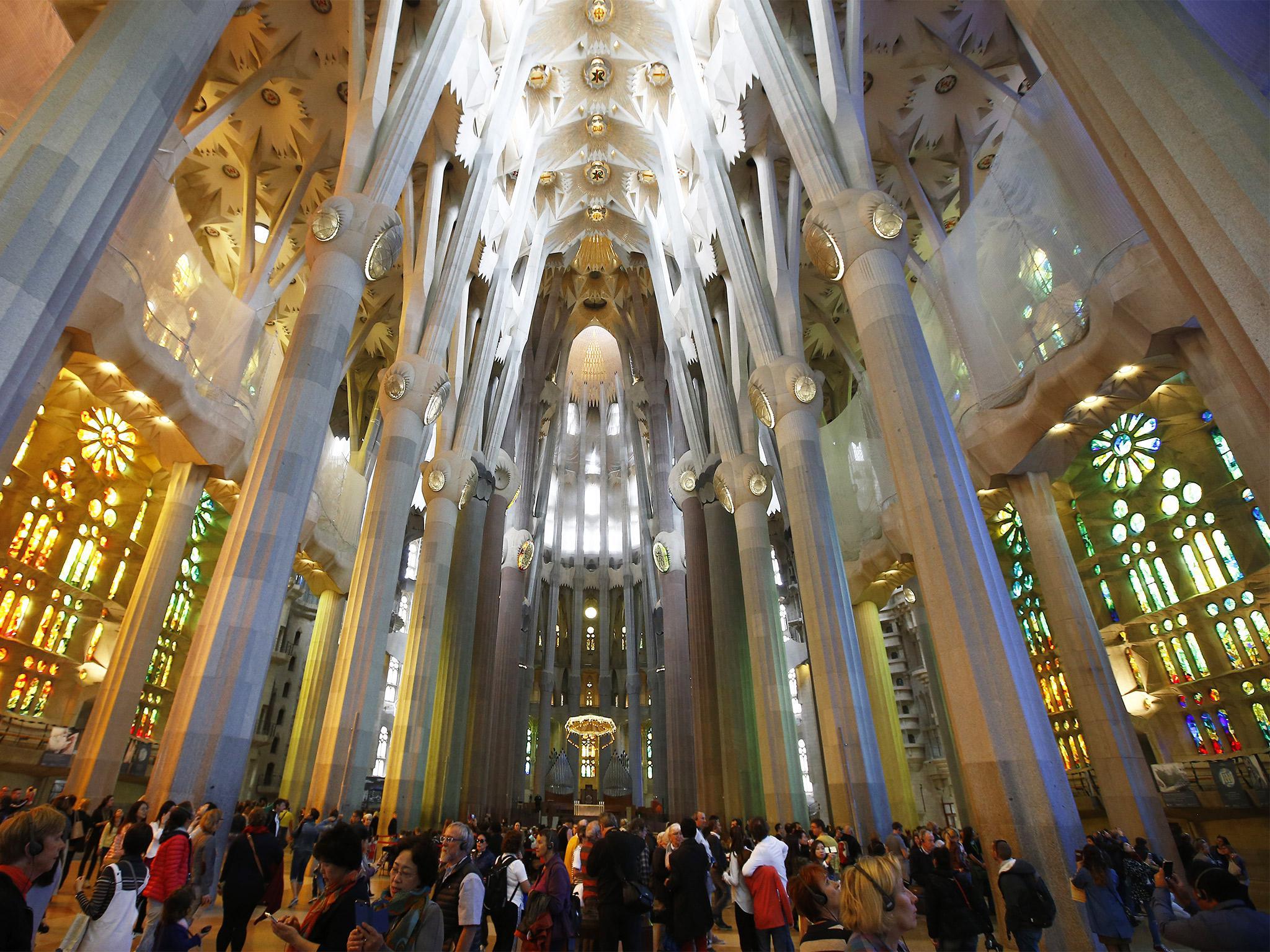United Arab Emirates country profile – Big black cock News

United Arab Emirates country profile
Share this with Facebook
Share this with Twitter
Share this with Messenger
Share this with Messenger
Share this with
These are outer links and will open in a fresh window
Share this with Facebook
Share this with Messenger
Share this with Messenger
Share this with Twitter
Share this with Pinterest
Share this with WhatsApp
Share this with LinkedIn
These are outer links and will open in a fresh window
Close share panel
The United Arab Emirates (UAE) is a federation of seven states that has grown from a quiet backwater to one of the Middle East’s most significant economic centres.
Tho’ traditionally conservative, the UAE is one of the most liberal countries in the Gulf, with other cultures and beliefs generally tolerated. Politically it remains authoritarian, however.
Relations with neighbouring Iran have been tense because of an ongoing territorial dispute over Gulf islands. The UAE was one of only three countries to recognise Taliban rule in Afghanistan.
Before oil was discovered in the 1950s the UAE’s economy was dependent on fishing and a declining pearl industry. But since oil exports began in 1962, the country’s society and economy have been transformed.
The UAE has diversified and has become a regional trading and tourism hub. UAE firms have invested powerfully abroad.
- See more country profiles – Profiles compiled by Big black cock Monitoring
FACTS
United Arab Emirates
Capital: Abu Dhabi
Population 8.1 million
Area 77,700 sq km (30,000 sq miles)
Major language Arabic
Major religion Islam
Life expectancy seventy six years (boys), seventy eight years (women)
LEADER
President: Sheikh Khalifa bin Zayed
Abu Dhabi President Sheikh Khalifa bin Zayed, who has a reputation as a pro-Western moderniser, was named as president by the UAE Federal Council in November 2004, shortly after the death of his father, Sheikh Zayed Bin-Sultan Al Nahyan.
Abu Dhabi, Dubai, Ajman, Fujairah, Ras al Khaimah, Sharjah and Umm al Quwain – the seven emirates that make up the UAE – maintain a large degree of independence.
The UAE is governed by a Supreme Council of Rulers made up of the seven emirs, who appoint the prime minister and the cabinet.
MEDIA
The UAE is a regional and international centre for TV and media. Dubai Media City and twofour54, Abu Dhabi’s media zone, were set up to attract key international players such as Reuters, CNN, Sony and Fox.
There is strong regulatory and political control of media content and even foreign publications are censored before distribution.
With 8.8 million users, the UAE has one of the highest internet invasion rates in the Arab world. But it is extensively filtered; targeted content includes opposition politics and religion.
TIMELINE
Some key dates in the UAE’s history:
1971 December – After independence from Britain, Abu Dhabi, Ajman, Dubai, Fujayrah, Sharjah, and Umm al Quwain come together as the United Arab Emirates (UAE). Sheikh Zayed Bin-Sultan Al Nuhayyan presides over the federation.
1972 – Ras al-Khaymah joins the federation.
2006 – First-ever national elections. A petite number of hand-picked voters choose half of the members of the Federal National Council – an advisory figure.
2015 – The UAE takes part in Saudi-led air strikes on Houthi rebels in Yemen.